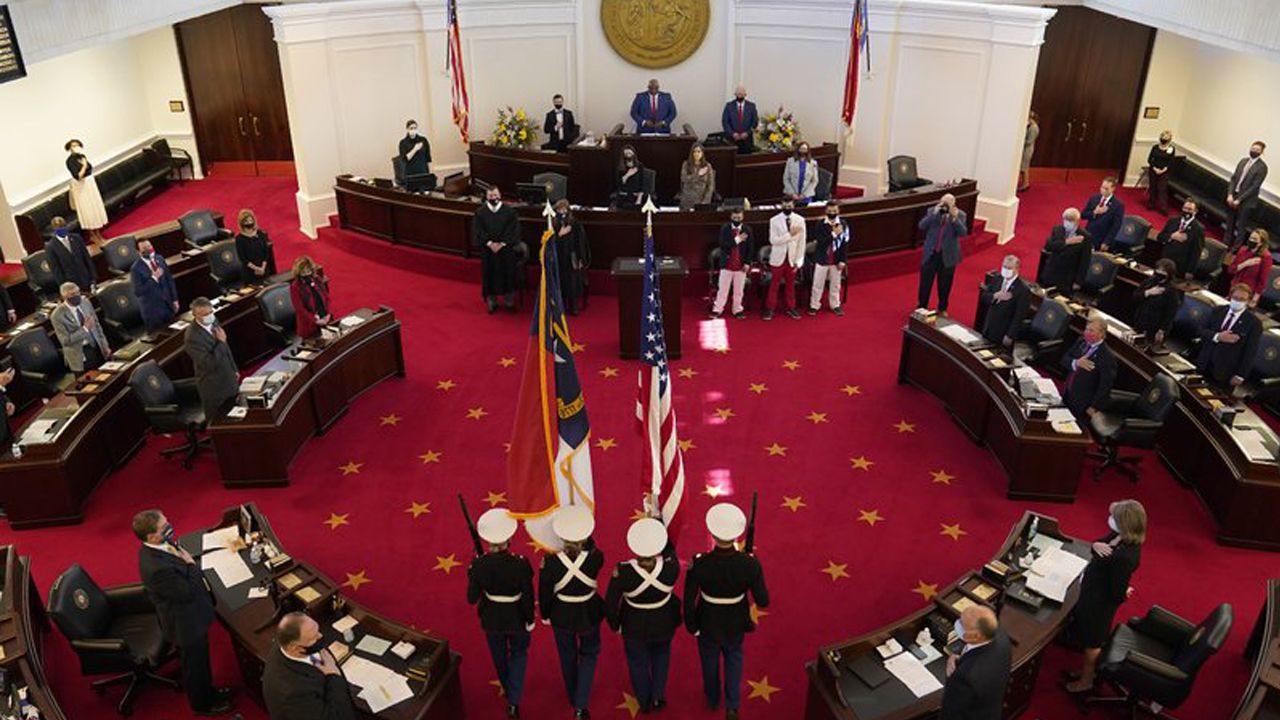RALEIGH, N.C. (AP) — North Carolina state senators have approved a bill that would require K-12 public schools to reopen with at least partial in-person instruction made available to the state’s 1.5 million pupils.
What You Need To Know
- The bill passed with a 29-15 vote but still faces Democratic opposition, including Gov. Roy Cooper
- GOP lawmakers say plan would still allow parents to choose continued remote learning, and would give schools time to implement safety standards before reopening
- Bill now heads to the House for consideration
The bill passed by a vote of 29-15 on Tuesday but still faces opposition from many Democrats, including Gov. Roy Cooper.
It now heads to the House for consideration and, if it clears the chamber, would then make its way to the governor's desk. Cooper has said he opposes the measure and favors local control over a statewide mandate on school reopening.
Republicans argue all parents would still be allowed to have their child learn remotely and that schools would have a couple weeks to ensure safety standards are implemented before they are compelled to reopen. Democratic lawmakers have pushed for a delayed implementation and other changes to the bill that Republicans have thus far dismissed.
Teacher advocates worry about the safety of reopening since North Carolina is not currently allowing those workers to get vaccinated. But Cooper said at a news conference Tuesday that he would unveil additional guidance later this week about the timeline for the next phase of vaccinations.
The state’s distribution plan classifies child care staff, K-12 teachers, college and university instructors and support staff as “frontline essential workers.” As such, they would be next in line for the vaccine.
In the meantime, Cooper has called on lawmakers to support a supplemental budget request he proposed last week that includes $468 million in state spending for one-time bonuses.
His plan would offer direct payments of $2,500 to teachers and principals, $2,000 to NC Community College and UNC System workers and $1,500 to noncertified school personnel. The checks would be sent in April.



